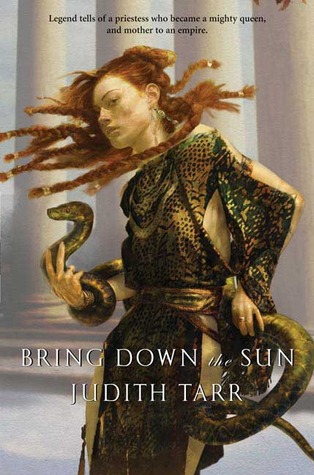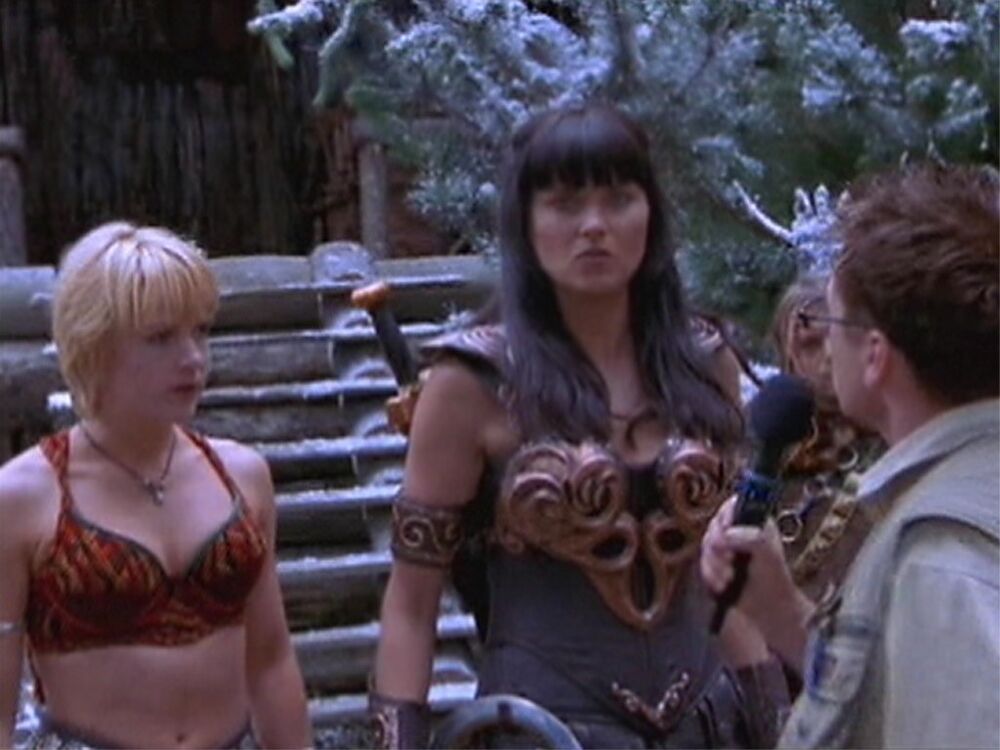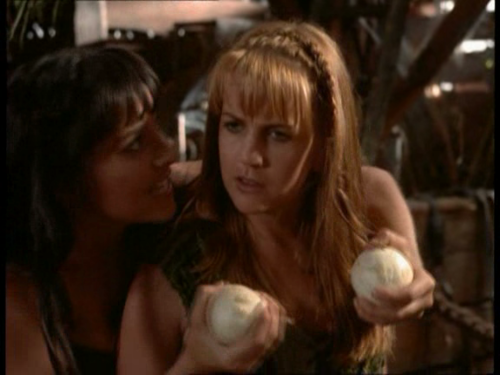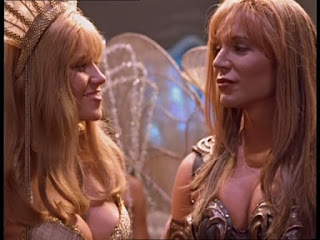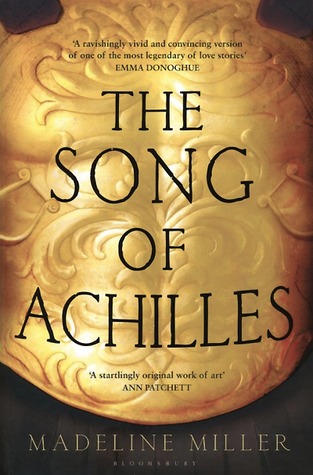The good, the bad, and the ugly: Last of the Amazons by Steven Pressfield

Homer's style has gone out of fashion.
The good
- The title - who wouldn't want to read Last of the Amazons?
- It's about the Attic War, a lesser known Greek myth that's very similar to the Trojan War.
- We know that the Amazons can't win against the Athenians, but it's still exciting and you want them to win.
- The world building is pretty neat and I could picture the physical and cultural settings.
- The Amazons seem to be polyamorous bisexual women who all live in triads, a cool and interesting concept, and mate with men once a year. I'm not marking this as LGBTQ characters though, because it's a very minor and brushed over part of the book.*
The bad
- The characters should and do seem to believe in gods, plural, but but often speak about God, singular, which is confusing because are they pantheists or monotheists? Pantheists who focus on one god (Zeus?)? I'm still confused about this.
- The songs and chants are kinda cool but definitely unnecessary.
- Excessive repetition, especially of tribe names and character epithets and name meanings.
- "Warrioresses". It sounds clumsy. What's wrong with calling them by their name: Amazons?
The ugly
- The writing style mimics ancient epics, so it's very formal and old-fashioned and awkward all round. The sentence structure and word choice is strange and very difficult to understand. The endless (and pointless!) lists are very Homeric but very exhausting to read.
- The structure is also very confusing as it's not linear and though it's written in the first person POV, it changes POVs (I often didn't know which character was talking) but I didn't realise these two things for ages.
- The characters aren't fully developed so I had a hard time knowing who to like or not like.
- Possible racism? At one point the Amazons paint themselves black and it's not really explained? Huh?
- *Strangely, some Amazons slut shame and use homophobic language towards their enemies. Hypocrisy much?
The conclusion
The structure and writing style prevented me from enjoying this book and I just wanted to finish it so I could move on. I'm rounding up my rating from 2.5 stars because the concept and the title are so cool. However, I wouldn't recommend Last of the Amazons unless you're a huge fan of Homer's writing style.
The summary
In or around 1250 BC, so Plutarch tells us, Theseus, king of Athens and slayer of the Minotaur, set sail on a journey that brought him to the land of 'tal Kyrte', the 'Free People', a nation of fiercely proud and passionate warrior women whom the Greeks called 'Amazons'. Bound to each other as lovers as well as fighters and owing allegiance to no man, the Amazons distrusted the Greeks with their boastful talk of cities and civilization. And when their illustrious war queen Antiope fell in love with Theseus and fled to Athens with the king and his followers, so denying her people, the Amazon tribes were outraged. Seeking revenge, they raised a vast army and marched on Athens. History tells us they could not win, but for a brief and glorious moment the Amazons held the Attic world in thrall before vanishing into the immortal realms of myth and legend.










